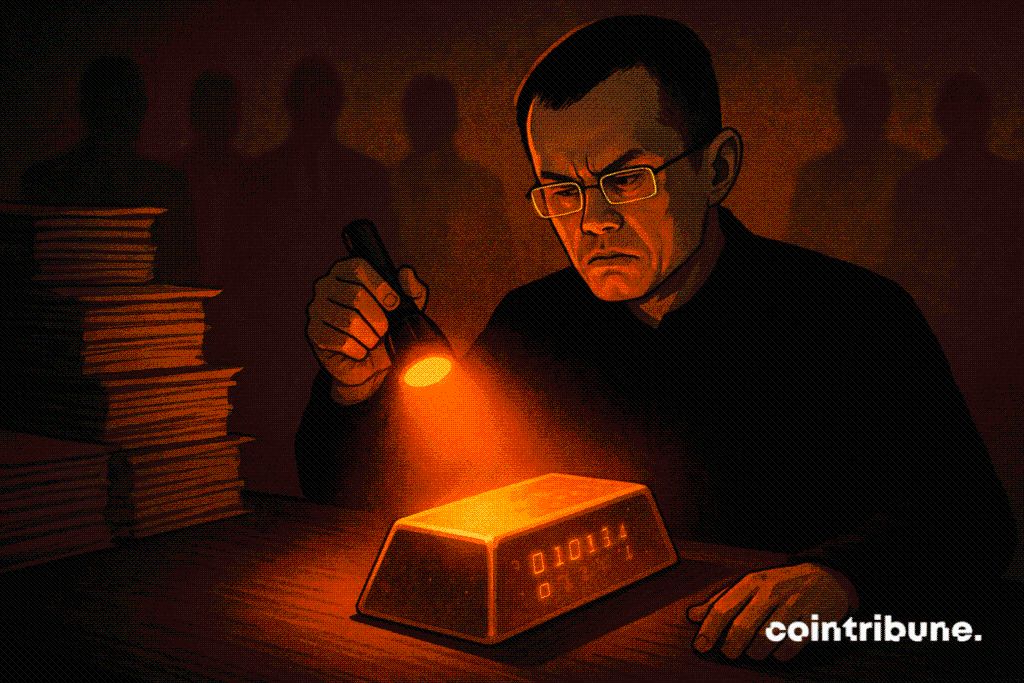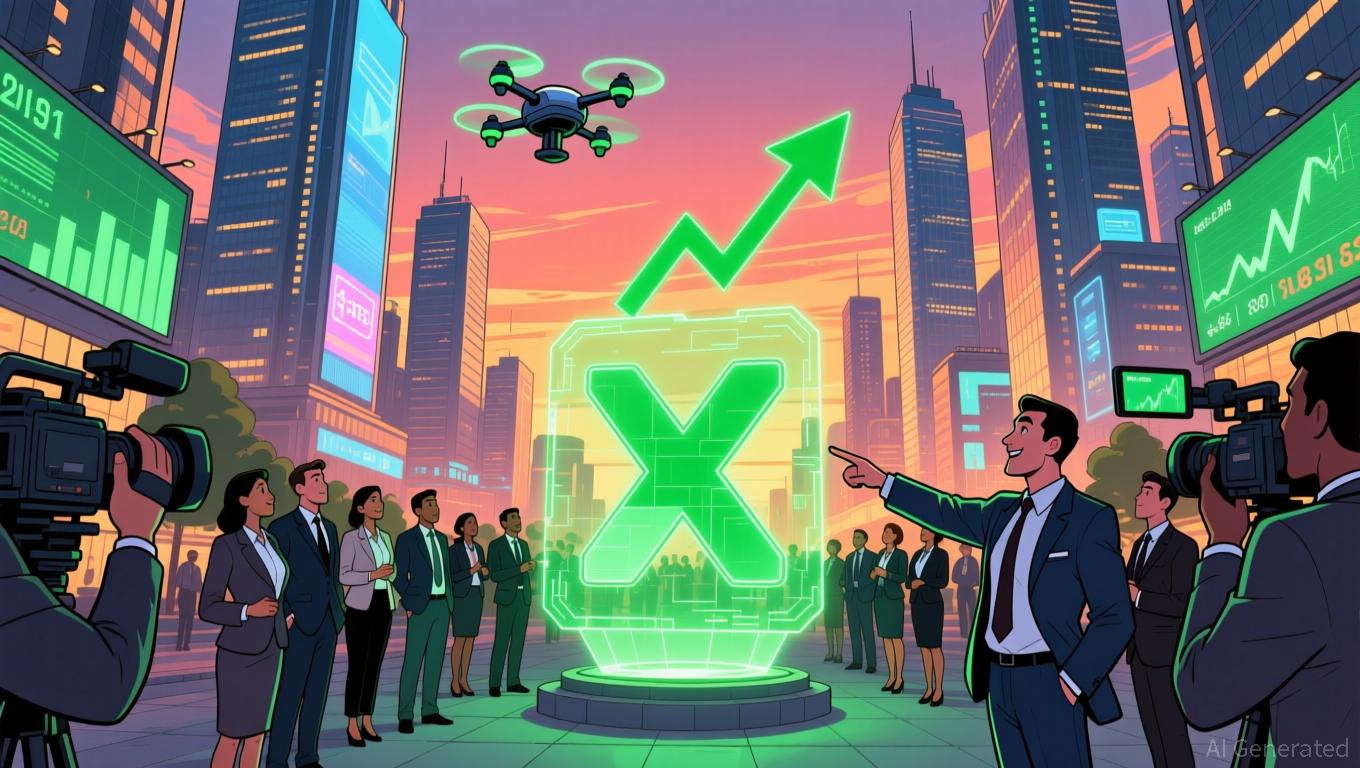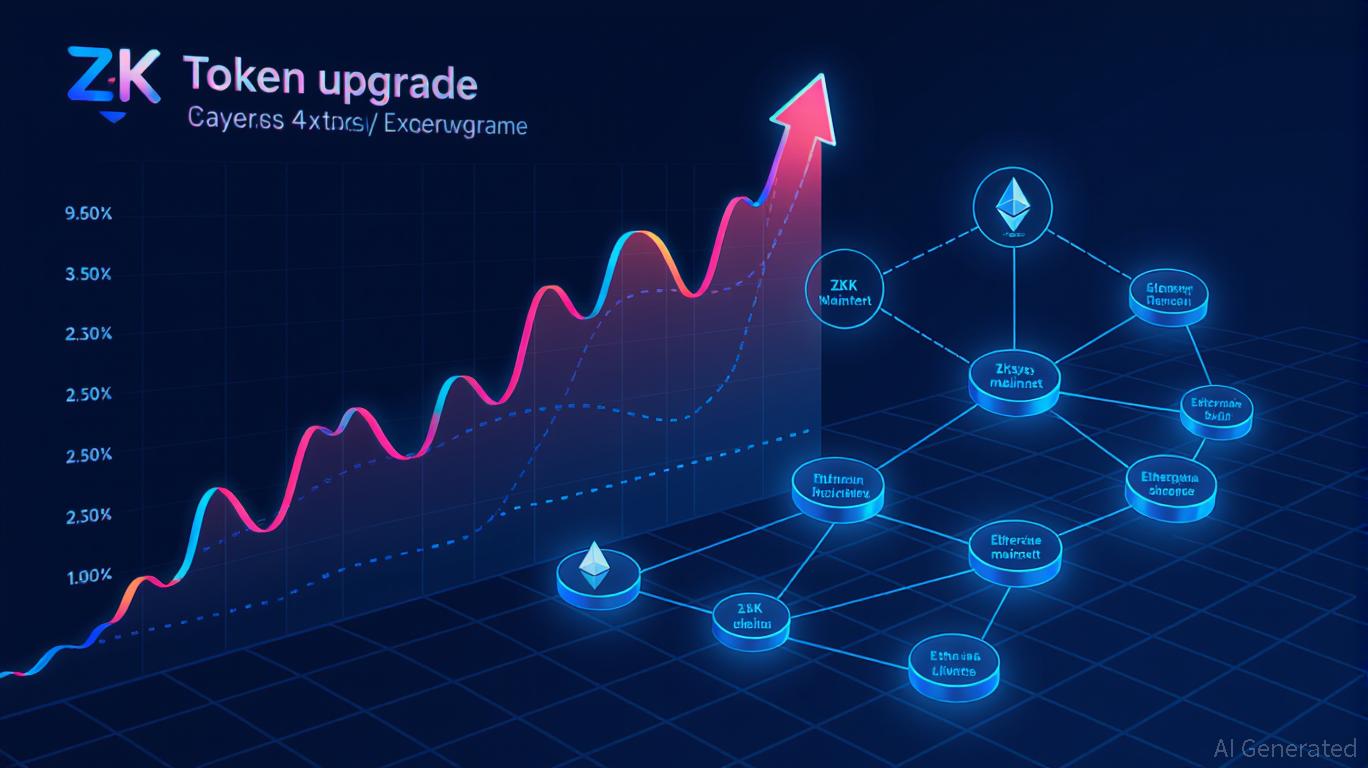Gold’s Audit Problem Resurfaces as CZ Challenges Its Verifiability
Growing attention to the long-delayed Fort Knox audit has reignited debate between gold and Bitcoin. Binance founder Changpeng Zhao (CZ) has once again joined the discussion, questioning gold’s verifiability while responding to long-time critic Peter Schiff. Rising interest in tokenized gold and continued market uncertainty have added fresh momentum to the conversation.

In brief
- CZ reignites scrutiny of long-delayed Fort Knox audits, highlighting gold’s limited transparency compared with open blockchain systems.
- Discussion centers on gold’s infrequent audits and physical limits while digital assets offer instant, public verification.
- CZ rejects Schiff’s tokenized gold pitch, arguing reliance on custodians keeps gold tied to old transparency and trust issues.
- Rising demand for tokenized gold and market uncertainty boosts interest as gold prices climb amid financial stability concerns.
CZ Calls Out Verification Gaps in Traditional Assets After Audit Inquiry
A recent exchange on X refocused attention on whether traditional assets can keep pace with modern digital systems that offer open records and instant verification. CZ’s comments quickly gained traction as users questioned why detailed audits of the United States’ gold reserves remain so rare.
The discussion resurfaced after a user asked, “Whatever happened to the audit at Fort Knox?” Zhao responded by saying gold is difficult to verify and used the moment to take aim at Schiff, who often argues that Bitcoin has no intrinsic value.
According to the U.S. Treasury, the government holds 261.5 million troy ounces of gold, with 147.3 million ounces stored at Fort Knox . A full audit has not been conducted in decades, fueling ongoing calls for greater transparency regarding one of the world’s largest state-controlled reserves.
CZ’s brief remarks added pressure to revisit a topic that has long been met with silence from authorities.
Zhao Rejects Schiff’s Tokenized Gold Pitch, Citing Ongoing Trust Issues
Gold remains widely regarded as a reliable store of value , yet its physical form presents verification challenges that digital assets circumvent. Vault access is tightly controlled, audits occur infrequently, and public visibility is minimal.
In contrast, cryptocurrencies run on transparent blockchains that provide real-time transaction histories. Anyone can verify fund movements without special access, offering a level of openness that physical metals cannot match.
A central part of Zhao’s debate stems from these factors:
- Real-time verification is possible with digital assets, not with stored gold.
- Independent data checks for crypto do not require special access.
- Gold must be physically inspected, tested, and weighed.
- Public records for on-chain assets are available 24/7.
- Audits rely on intermediaries and infrequent official reviews.
Schiff recently announced plans to launch a tokenized gold product , arguing that gold “fits” blockchain systems by combining the stability of bullion with the convenience of digital assets.
CZ pushed back, noting that any token tied to stored gold still depends on trust in intermediaries and custodians. While the token may move on-chain, the gold itself remains off-chain—retaining the same verification and trust issues.
CZ reiterated his view that the asset has value but is impractical for daily transactions, while Bitcoin offers both portability and public verifiability.
Market Interest Keeps Gold in Focus
Interest in tokenized gold has surged, surpassing $1 billion in daily volume on October 18. Strong demand followed a major rally in gold amid persistent concerns about rising debt and financial instability. BlackRock CEO Larry Fink linked the movement to growing worries over government finances and a weakening currency outlook.
Spot gold rose 0.7% to $4,005.21 per ounce on Friday as a softer dollar and the threat of a U.S. government shutdown boosted safe-haven demand . December futures settled at $4,009.80 per ounce. Analysts at Commerzbank said the asset is likely to remain supported as long as global trade tensions persist.
Disclaimer: The content of this article solely reflects the author's opinion and does not represent the platform in any capacity. This article is not intended to serve as a reference for making investment decisions.
You may also like
Ethereum Updates: $36B DeFi Outflow Highlights Security and Governance Issues Threatening Ethereum
- DeFi's total value locked (TVL) fell $36B in weeks, with Ethereum losing 13% to $74.2B amid security breaches and waning institutional interest. - High-profile exploits like Balancer's $120M hack exposed DeFi vulnerabilities, while Ethereum's price languished near $3,600 with $2,600 support at risk. - Positive signals include Tron's Justin Sun staking $154M ETH and Lido DAO's $10M token buyback, reflecting growing staking demand and confidence. - Analysts predict Ethereum could break out in 2026 due to r

XRP News Today: SEC's 20-Day Countdown Begins for XRP ETF Decision
- U.S. asset managers 21Shares and Franklin submit XRP ETF filings to SEC, seeking automatic approval within 20 days. - XRP ETFs aim to track CME CF reference rate with institutional-grade custody by Coinbase and BitGo, avoiding derivatives. - Canary Capital predicts XRP ETF could surpass Solana's market impact, as Bitwise's $545M BSOL ETF shows altcoin demand. - SEC's 20-day review of 21Shares' ETF may set regulatory precedent, with potential launch as early as November 27. - WisdomTree's 20-coin ETF and

JPMorgan and DBS Introduce Blockchain Network to Integrate Tokenized Currencies
- JPMorgan and DBS Bank launch blockchain framework for tokenized deposit interoperability, enabling real-time cross-border payments between institutional clients. - The system allows 24/7 instant exchange of tokens across public/permissioned blockchains while preserving fungibility and "singleness of money" value equivalence. - DBS' Rachel Chew highlights interoperability's role in reducing fragmentation, as 30% of global banks now explore tokenized deposits per BIS data. - The initiative aligns with broa
Vitalik Buterin Backs ZKsync: Accelerating Institutional Embrace Within Ethereum's Layer-2 Network
- Vitalik Buterin endorsed ZKsync's Atlas upgrade, highlighting its 15,000 TPS capacity and ZK-secured scalability for Ethereum's institutional adoption. - The upgrade's ZK Stack enables seamless Layer 1-2 liquidity sharing, attracting enterprises with privacy-focused, Ethereum-compatible solutions. - ZK token's deflationary model and 50% price surge post-endorsement demonstrate growing institutional confidence in ZKsync's enterprise-grade infrastructure. - Upcoming Fusaka upgrade (30,000 TPS target) and e

